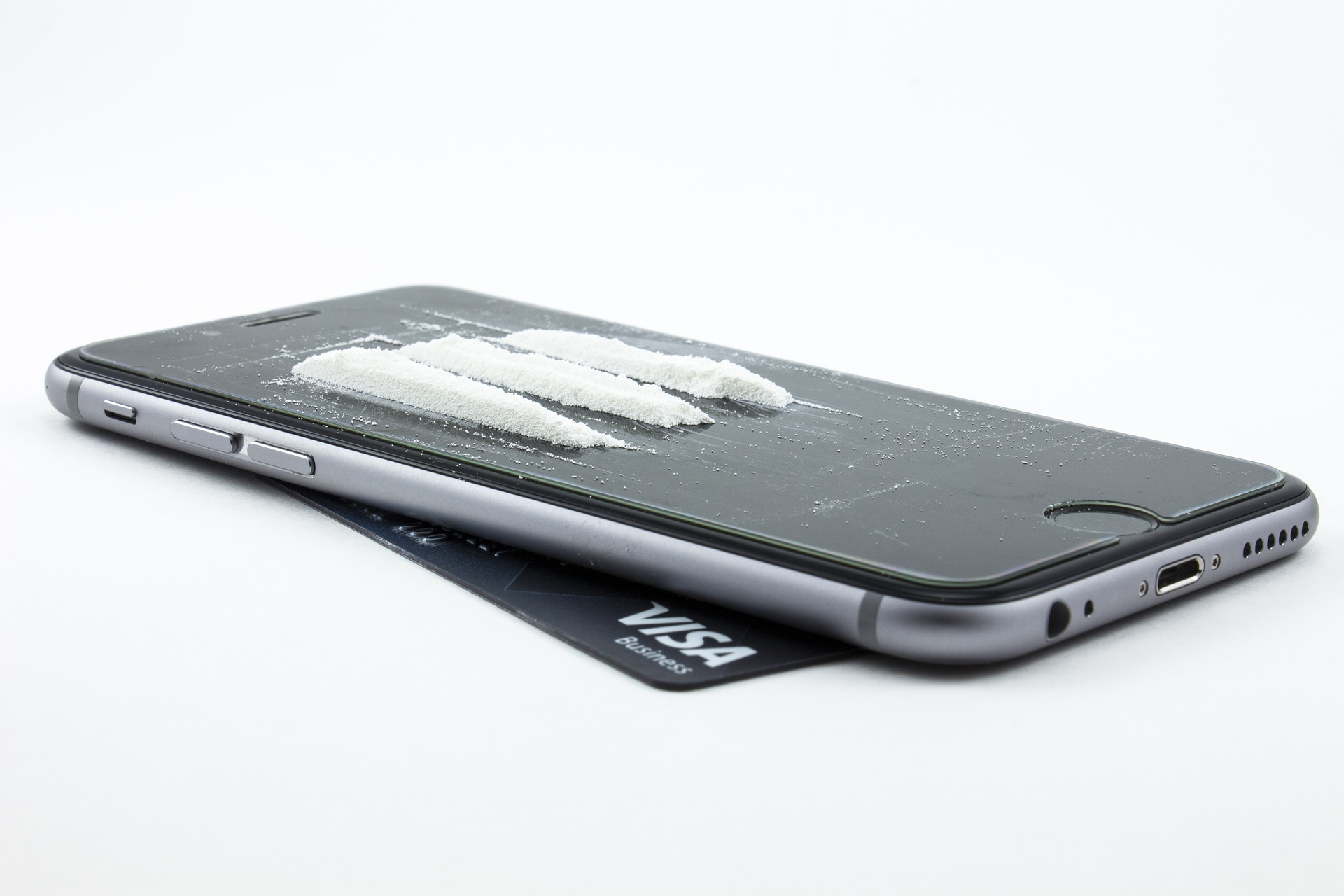Cocaine Addiction Recovery and Treatment, Crawley, West Sussex
 Cocaine Addiction Recovery: What Eleos Counselling can offer?
Cocaine Addiction Recovery: What Eleos Counselling can offer?
Cocaine addiction recovery can be tricky. Indeed, any withdrawal from any form of drug can be a difficult path to walk. That is why here at Eleos Counselling we offer a client led holistic approach to counselling, and recovery, from cocaine addiction.
We know that coming into any form of therapy can be awkward, especially, when the issue you are coming to therapy for is a cocaine addiction; often cocaine addiction can affect every facet of your life. Furthermore, frequently the person with a cocaine addiction will suffer shame and self-loathing as they lurch from one, binged to another.
If you are reading this then at some level you admitted that you, or someone you know, may have a problem.
At Eleos counselling we believe that recovery is in your grasp, it is our job to assist you on your journey. We promise not to hurry you; every session will be at your own pace. We have had years of helping clients in the Crawley, West Sussex, area. We have a proven track record in assisting clients to become drug-free. Therapy will often involve using state-of-the-art techniques, with the aim to help you understand the root cause of your cocaine addiction, as a consequence helping you manage the triggers that often lead to relapse.
How does cocaine work and how does one become addicted.
Recent research has suggested that a concept called neuro- adaption takes place when we engage in something pleasurable. This concept is co-joined with the idea of neuroplasticity; the brain is in a constant state of readjusting to its environment emotions, feelings and experiences.
Fundamentally, the addiction results from a relationship between you and the object or substance. Neuro- adaption takes place when the brain is re-wired when we do something pleasurable, number of times. An example of this is when we take part in something we enjoy the brain rewards us by giving us a hit of a reward chemical called dopamine, which in turn makes us feel better, About an experience, or activity, so we do it again; an example of this is when we eat, have sex or exercise.
The dopamine is then re-uptaken by synaptic receptors, in the brain ready to be released again, when you do something pleasurable next time.
With cocaine you have a double whammy: whammy number one; you have the effects of cocaine which stops the dopamine being re-uptaken holding the dopamine longer in the brain, In turn, giving the user a sense of euphoria. Because the brain is in a constant plastic state, the brain starts to hardwire synaptic connections in the brain attaching the feelings and memories of euphoria to the cocaine. The brain then considers this to be a pleasurable activity and wants more of the same; neuro- adaption takes place; when pleasurable experiences are repeated.
Whammy number two; low dopamine levels in the brain, as the effects of the cocaine eventually wears off, dopamine levels never return to normal after using cocaine; the body adjusts for high levels of dopamine due to the cocaine use, effectively lowering the dopamine level in the brain.
In turn, this trains the brain to want and need the substance, e.g. cocaine. Consequently, addiction occurs.
.
Effects of cocaine.
Cocaine can cause erratic mood swings, fretfulness, psychosis and audible or visual hallucinations. Withdrawing or coming down from cocaine has been known to cause severe mental health problems, such as withdrawal depression, withdraw depression is known to become deeper and deeper after each binge. Research has found there is a higher rate of Suicidal thoughts when withdrawing from cocaine. Some cocaine users have been known to take their own life, when in a depressive episode after cocaine use.
Cocaine side effects
Cocaine is frequently mixed with alcohol, combining the two substances become something called Cocaethylene. Cocaethylene is produced in the liver when the two substances are mixed. Cocaethylene is much more toxic than cocaine alone and potentially life-threatening. Cocaethylene has been linked with sudden death syndrome. Often Cocaine users will also use alcohol to stretch out the euphoric feeling. Additionally, people use cocaine so they can drink longer, this can be deadly, as often people will consume more alcohol than they normally would, resulting in alcohol poisoning.
Have I got a cocaine problem?
Categorising if you have a drug problem or substance abuse problem is more difficult than it first seems. Nevertheless, if you have three or more of the following patterns of behaviour, listed below there is a high likelihood you have a cocaine problem.
- Repeatedly to give up cocaine but failing
- Thinking about or planning the next time you can use cocaine.
- Interrupted work patterns; having days off work because your r recovering you from the effects of cocaine.
- Prioritising cocaine use before any part of your life; eating sleeping seeing friends
- Mental health problems such as hallucinations, paranoia, or severe depression
- Relationship problems; putting cocaine use before loved one
How can Counselling, Psychotherapy, help me overcome my cocaine habit?
Research has found that Counselling/psychotherapy improves the chances of full recovery from many forms of addictive behaviour greatly. We Eleos Counselling pride ourselves on offering client led counselling, which is based on the client’s needs. If you would like to know more please do not hesitate to email, phone or book an assessment session you book now button on this page
Contact Us
F6 Worth Corner,
Business Centre,
Turners Hill Road,
Pound Hill, Crawley
RH10 7SL
Phone: (01403)217300
or (01293) 882210
Mobile: 07854602050
Find out more
LINKS ON PAGE
a Guardian article about COCAETHYLENE, and sudden death syndrome from cocaine use
LINKS ON PAGE
An article about cocaine use in the business world: LINK
LINKS ON PAGE
a Guardian article about the rise in drug use in the UK: LINK
Contact Us
Please get into contact today should you require our counselling services.
About Eleos
I specialise in creating an environment, that allows you to discover and understand who you are is an individual, who you are in context to relationships, and how you interact with others. We work together to change unhelpful patterns of the behaviour in order to have the relationships and life you want.
More Info
Contact
F6 Worth Corner, Business Centre
Turners Hill Road
Pound Hill, Crawley
RH10 7SL
Follow Us

Eleos Counselling Ltd trading as Eleos Counselling
UK Registered Company 10964914

 Cocaine Addiction Recovery: What Eleos Counselling can offer?
Cocaine Addiction Recovery: What Eleos Counselling can offer?